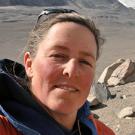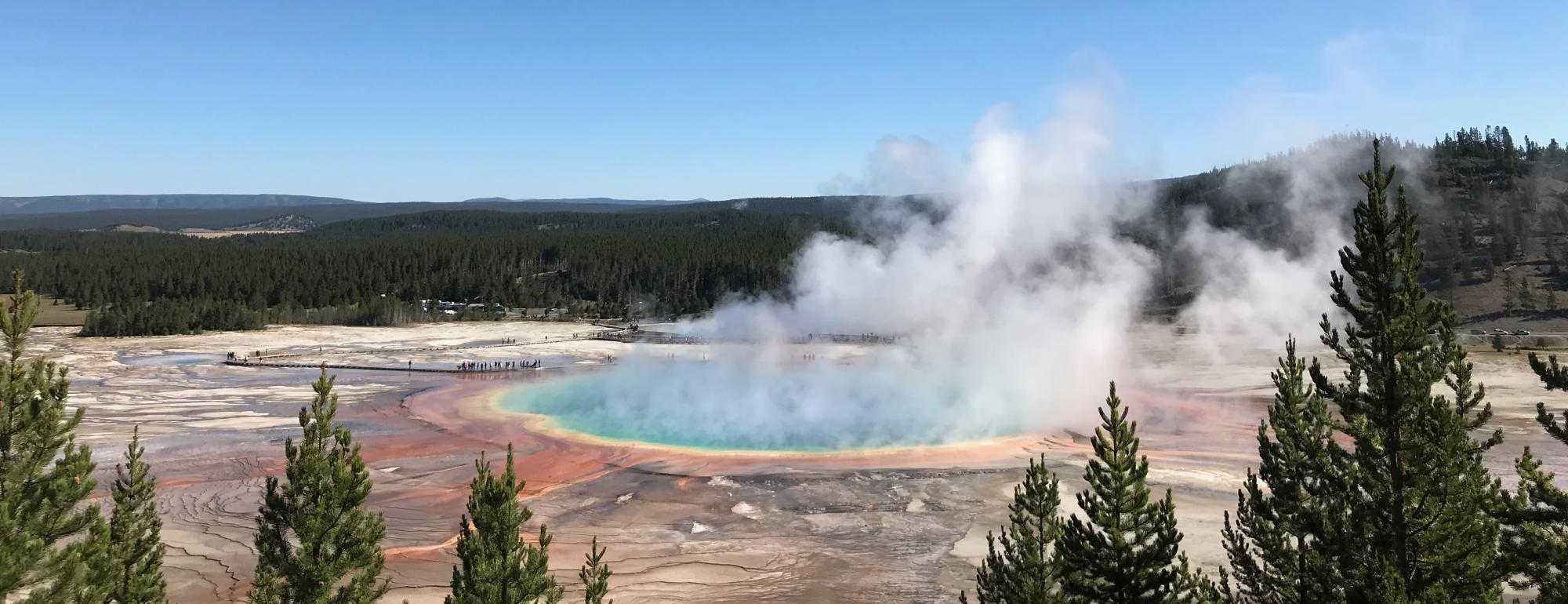The program in Planetary Science focuses on the origin and evolution of planets with an emphasis on understanding the formation of Earth-like planets in our solar system and in extra-solar systems. The planetary group combines expertise in geochemical studies of extraterrestrial materials, measurements of the physical properties of planetary materials, experiments and modeling of major geophysical processes, and characterizing planetary environments to understand the origin of life on Earth and to search for life on other planets. Current research includes timescales of planet formation, giant impacts and lunar origin, impact cratering mechanics and effects on climate, tectonic processes on icy satellites, the formation of the early terrestrial atmospheres, and reconstructing the geological history of the martian surface. Our work is supported by a novel set of laboratory facilities, including the Shock Compression Laboratory, Isotope Geochemistry Laboratories and the Noble Gas Laboratory.
Faculty

Maxwell Rudolph | Associate Professor
maxrudolph@ucdavis.edu | 530-752-3669
Rudolph's research involves geological fluid mechanics, broadly defined. Recent and ongoing projects investigate controls on flow and melting in the mantle wedge, global-scale mantle dynamics, and eruptive processes in geysers, mud volcanoes (including the devastating eruption of Lusi in East Java, Indonesia) as analogues to magmatic volcanoes.

Dawn Sumner | Professor
dysumner@ucdavis.edu | 530-752-5353
Sumner was a Co-Investigator and Long Term Planner on NASA’s Mars Science Laboratory mission, which runs the Curiosity rover in Gale Crater. Her lab group research focuses on understanding the past habitability of Mars by developing the regional context of rock and geomorphic units and reconstructing ancient depositional environments. They also work closely with geochemists to understand provenance, chemical sedimentation, diagenesis and weathering of rocks in Gale Crater.

Qing-zhu Yin | Professor
qyin@ucdavis.edu | 530-752-0934
Using extinct radioactivity and general isotopic anomalies in the early solar system recorded in primitive meteorites as a tool to study the time scales and site of nucleosynthesis, the time of formation of the solar system and planetary differentiation. Isotope and trace element geochemistry with applications to crust-mantle evolution. Heavy metal stable isotope fractionation in low temperature environments on planetary surfaces or in biological systems using newly emerging high precision mass spectrometry techniques. The development of associated experimental techniques involving high precision mass spectrometry and ultra-clean sample processing in Class-100 clean laboratories for isotope analyses.

